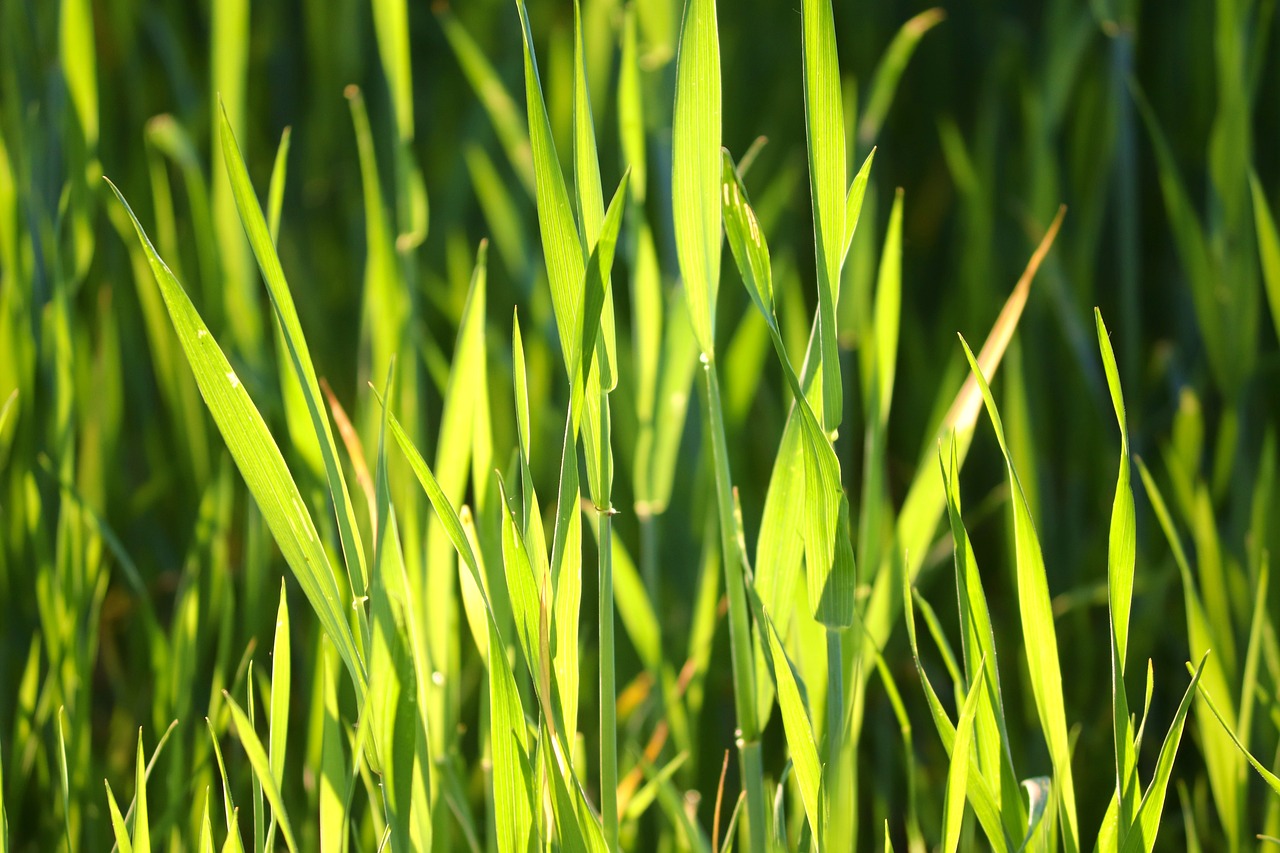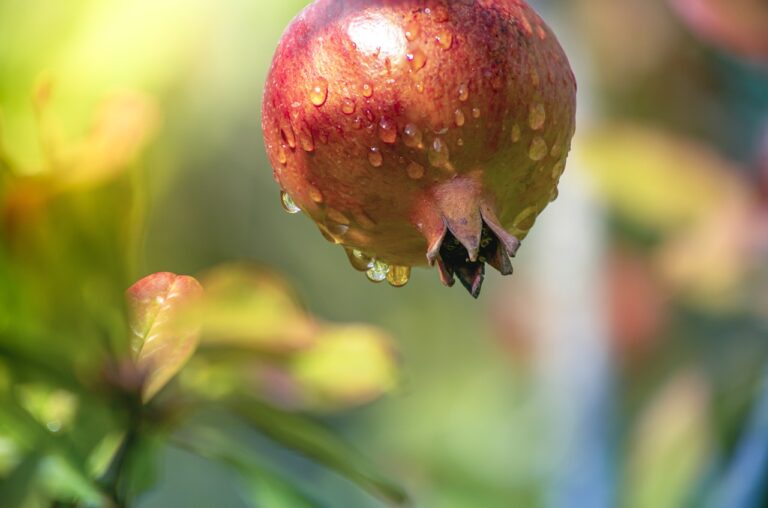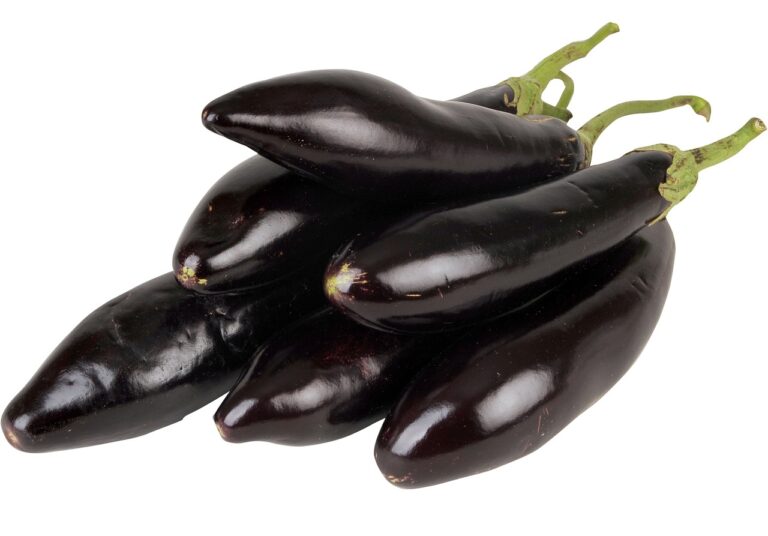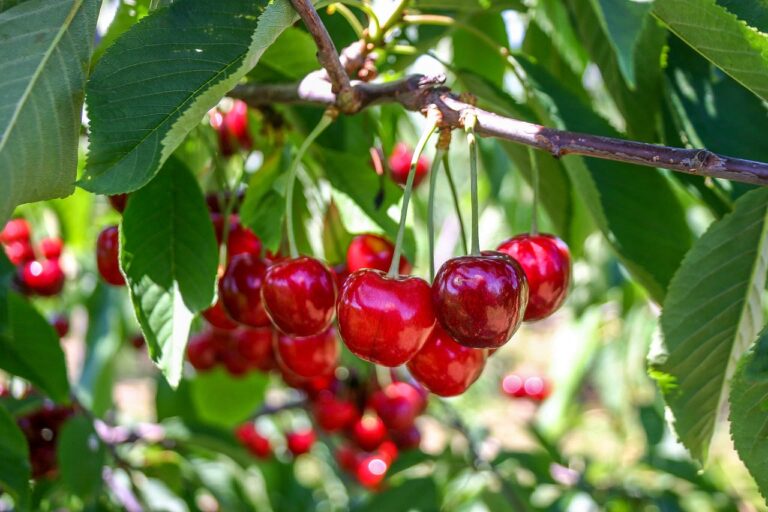The Role of Bees in Agroecology Research: www.world777, 11xplay.online, Bet book 247
www.world777, 11xplay.online, bet book 247: Bees play a crucial role in agroecology research, as they are essential for pollination and promoting biodiversity within agricultural systems. In recent years, there has been a growing recognition of the importance of bees in sustainable agriculture, leading to an increased focus on studying their role in agroecological systems. This article will explore the significance of bees in agroecology research and how they contribute to the sustainability of food production.
Importance of Bees in Agroecology Research
Bees are one of the most important pollinators in agricultural ecosystems, playing a key role in the reproduction of many plants, including fruits, vegetables, and nuts. Without bees, many crops would not be able to produce fruits or seeds, leading to a decline in food production. By pollinating crops, bees contribute to the diversity of plant species within agroecosystems, promoting ecosystem resilience and stability.
In addition to their role in pollination, bees also contribute to the maintenance of soil fertility through their activities. Bees help to break down organic matter and promote the decomposition of plant material, which is essential for nutrient cycling in agricultural systems. Their actions help to improve soil structure and fertility, leading to increased crop yields and overall productivity.
Furthermore, bees are important indicators of environmental health, as their population dynamics can reflect the quality of the surrounding ecosystem. By studying bees in agroecological systems, researchers can gain insights into the impact of agricultural practices on biodiversity and ecosystem function. This information can help to guide the development of more sustainable farming methods that support both bee populations and crop production.
Research on Bees in Agroecosystems
Agroecology research on bees encompasses a wide range of topics, including pollination ecology, bee behavior, biodiversity conservation, and the impact of agricultural practices on bee populations. Researchers study the interactions between bees and plants, as well as the effects of pesticides, habitat loss, and climate change on bee communities. By understanding the factors that influence bee health and abundance, scientists can develop strategies to support bee populations and promote sustainable agriculture.
One key area of research is the study of native bees and their role in pollination. Native bees are often more efficient pollinators than honeybees, and they play a critical role in maintaining plant diversity and ecosystem function. By studying native bee species and their habitats, researchers can identify ways to enhance pollination services and promote the conservation of these important pollinators.
Another important area of research is the impact of pesticides on bee health. Pesticides are widely used in agriculture to control pests, but they can also have negative effects on non-target organisms such as bees. Research on the effects of pesticides on bee populations is essential for developing sustainable pest management practices that minimize harm to bees and other beneficial insects.
Agroecology research also explores the role of bee-friendly farming practices in promoting bee health and biodiversity. Agroecological approaches such as agroforestry, organic farming, and habitat restoration can provide food and nesting resources for bees, as well as reduce exposure to pesticides and other environmental stressors. By incorporating bee-friendly practices into agricultural systems, farmers can support bee populations and enhance crop pollination.
Overall, research on bees in agroecosystems is essential for understanding the complex interactions between bees, plants, and the environment. By studying bees in agricultural systems, researchers can improve our understanding of ecosystem dynamics, promote biodiversity conservation, and develop sustainable farming practices that support both bees and crop production.
FAQs
1. Why are bees important for agriculture?
Bees are important pollinators that help to fertilize crops and promote the production of fruits, vegetables, and nuts. Without bees, many crops would not be able to reproduce, leading to a decline in food production.
2. How do bees contribute to biodiversity in agroecological systems?
Bees play a key role in promoting plant diversity within agricultural ecosystems through their pollination activities. By pollinating a wide range of plant species, bees help to maintain ecosystem resilience and stability.
3. What are some threats to bee populations in agricultural systems?
Bees face a number of threats in agricultural systems, including habitat loss, pesticide exposure, and climate change. These factors can have negative effects on bee health and abundance, leading to declines in pollination services.
4. How can farmers support bee populations in agroecosystems?
Farmers can support bee populations by adopting bee-friendly farming practices such as agroforestry, organic farming, and habitat restoration. Providing food and nesting resources for bees, as well as reducing pesticide use, can help to promote bee health and enhance crop pollination.
5. What are some ongoing research areas in agroecology related to bees?
Ongoing research areas in agroecology related to bees include pollination ecology, bee behavior, biodiversity conservation, and the impact of agricultural practices on bee populations. Researchers are studying the interactions between bees and plants, as well as the effects of pesticides, habitat loss, and climate change on bee communities.







